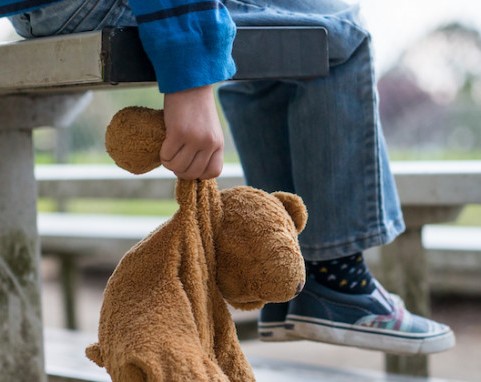
Child & Youth Counselling
Our child and youth therapists are extremely skilled in finding creative ways to engage children and youth in exploring their thoughts and feelings. Our therapist’s guide, support and assess children, youth and their families to promote healthy relationships, and an overall positive well-being.
Autism
Children on the autism spectrum struggle socially, academically and behaviourally, at times. Therapy and counselling supports neurodivergent children and youth through their developmental challenges.
Behavioural Issues & School issues
A child or youth’s mental health has a significant influence on their overall functioning, their ability to thrive in social relationships and in their school performance. Counselling can support positive change and growth.
Gender, Identity & Sexuality
Children and youth experiencing difficult feelings regarding their gender identity or sexuality are given a safe space to explore their sense of self without being pressured to conform to heteronormative expectations.
Mental Health
Skills can be learned to identify thoughts and feelings, and to enhance problem-solving skills. Creative tools are used to assist children and youth improve their well-being and positive sense of self.
Self-Esteem, Self-Image, Disordered Eating
Self-awareness skills are learned to assist in identifying beliefs and values. In therapy, we learn how to pay attention to the way we think and feel through mindfulness techniques, and how to modify our self-talk.
Substance Use, Addictions
We use a strengths-based, solution-focused and trauma-informed lens to support our youth in overcoming harmful behaviours. We break the stigma associated with substance use and provide non-judgemental support.
How to become a client
To send a confidential message, please fill out our contact form or you can email us directly at info@turningpt.ca. Our administrative support team will contact you within one business day. Once we have assessed what your needs are, we will connect you with a therapist that is aligned with what you are looking for.
FAQ
How different is child and youth therapy from adult therapy?
It differs in the use of language and complexity, and is geared to the developmental needs and abilities of the child or youth. Creative play and artistic activities are often used to guide the session.
I’ve booked my child’s first counselling appointment. How do I explain to them what is going to happen?
“We’re going to see (name of a therapist). Her/His job is to help kids ___________ (describe briefly the situation). I’ve talked to the therapist and I think you’ll like her/him. You can talk to her/him about anything, and you will be doing some interesting activities!”
My teenager just told me they have been self-harming and have been having suicidal thoughts. What are my options?
If you have a Family Physician or Nurse Practitioner, it’s a good idea to make an appointment with them first.
- CMHA has a 24 hr crisis line, as well as mobile support for youth over the age of 16 years old: Local 705-728-5044 or Toll-Free 1-888-893-8333.
- Kids Help Phone is also available 24/7 and has both phone and texting capabilities. Text CONNECT to 686868; Phone: 1-800-668-6868 or live chat at Get Support – Kids Help Phone
As we are not a crisis response, once your child is stabilized, you can contact us and we will set up a consultation with you.
Does my child need therapy?
You know your child best. If you are noticing mood or behavioural changes that are enduring, and these are causing concern, you may want to consult with the teacher and school first to further assess. Increased anxiety, withdrawal, and sadness are indicative of difficulty and may prompt you to initiate a conversation with your child about counselling. If there have been sudden changes in your home, such as separation and/or divorce, serious illness, or bereavement, counselling may be an option you would like to consider for your child or youth.
I would like my child to access counselling, but they don’t want to. Can I make my child go to counselling?
It’s always preferable if your child agrees to go to counselling and is willing to participate. However, if your child is refusing to attend their appointment, ask your child about their worries. Explaining to your child that this is a safe, private space for them to talk about what they want to someone who cares about them, may be helpful.
My child needs counselling. Does this mean I’m a bad parent?
No! Our team takes a non-judgemental lens, and we will work alongside you. We take a collaborative approach with parents and will work with you to increase the effectiveness of the work we are doing. Perfect parents do not exist, and all families undergo difficult issues. You want your child to feel better, and that’s indicative of a good parent!
How to prepare your child for therapy
While each therapist at Turning Point is unique in how they approach new clients, there are some things that you can do to prepare your child for therapy.
